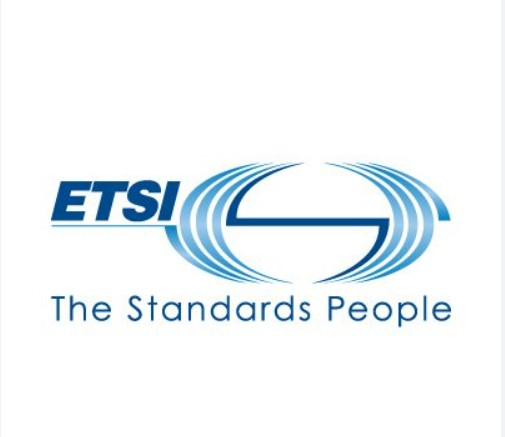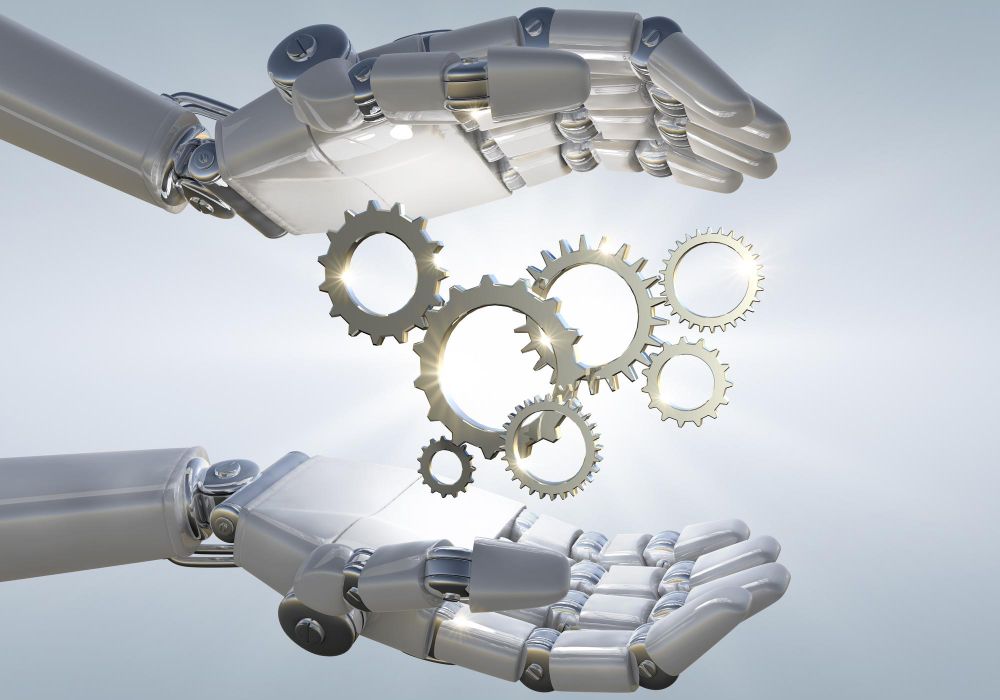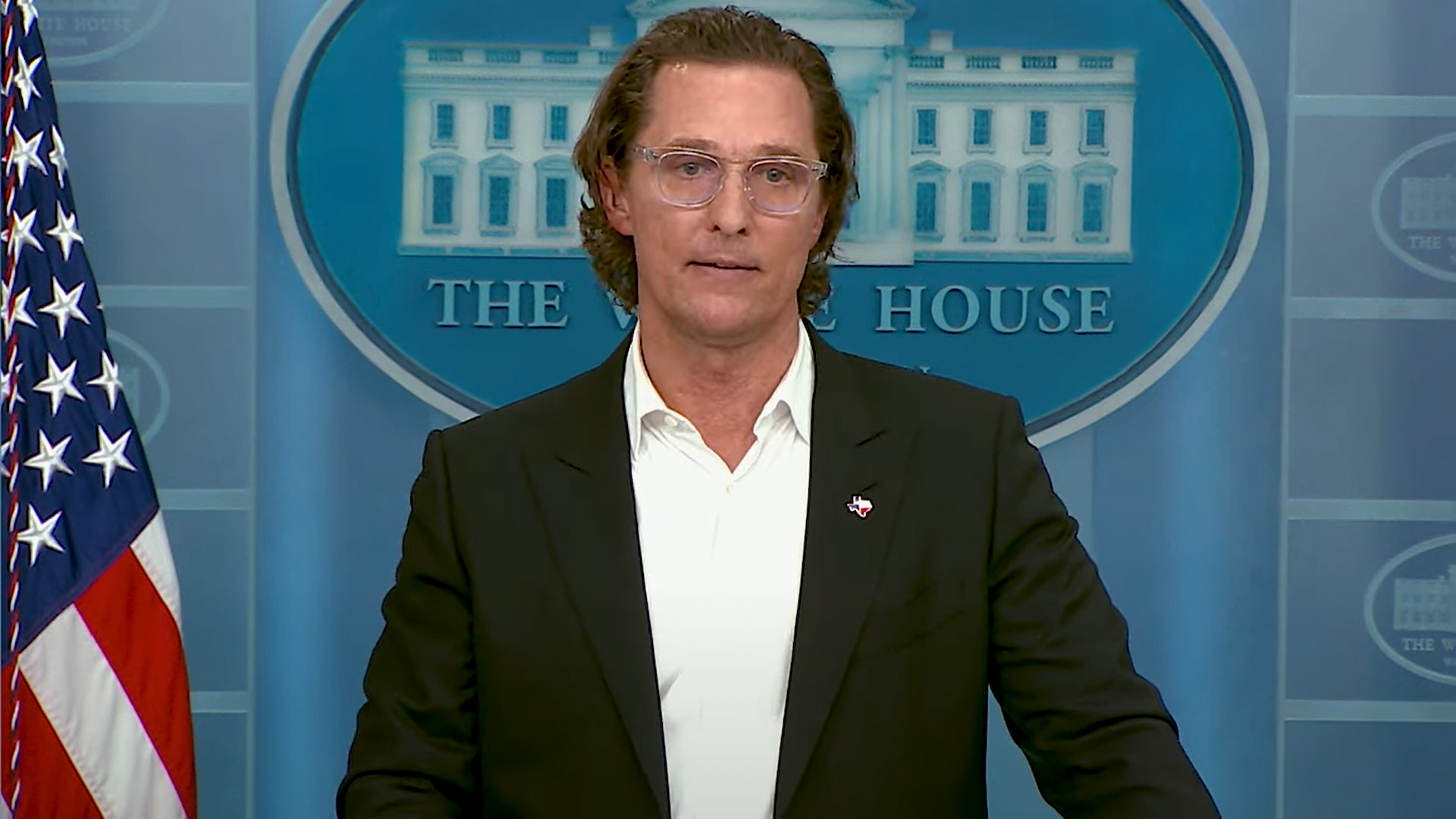Steam has clarified its position on AI in video games by updating the disclosure rules developers must follow when publishing titles on the platform.
The revision arrives after months of industry debate over whether generative AI usage should be publicly declared, particularly as storefronts face growing pressure to balance transparency with practical development realities.
Under the updated policy, disclosure requirements apply exclusively to AI-generated material consumed by players.
Artwork, audio, localisation, narrative elements, marketing assets and content visible on a game’s Steam page fall within scope, while AI tools used purely during development remain outside Valve’s interest.
Developers using code assistants, concept ideation tools or AI-enabled software features without integrating outputs into the final player experience no longer need to declare such usage.
Valve’s clarification signals a more nuanced stance than earlier guidance introduced in 2024, which drew criticism for failing to reflect how AI tools are used in modern workflows.
By formally separating player-facing content from internal efficiency tools, Steam acknowledges common industry practices without expanding disclosure obligations unnecessarily.
The update offers reassurance to developers concerned about stigma surrounding AI labels while preserving transparency for consumers.
Although enforcement may remain largely procedural, the written clarification establishes clearer expectations and reduces uncertainty as generative technologies continue to shape game production.
Would you like to learn more about AI, tech and digital diplomacy? If so, ask our Diplo chatbot!










